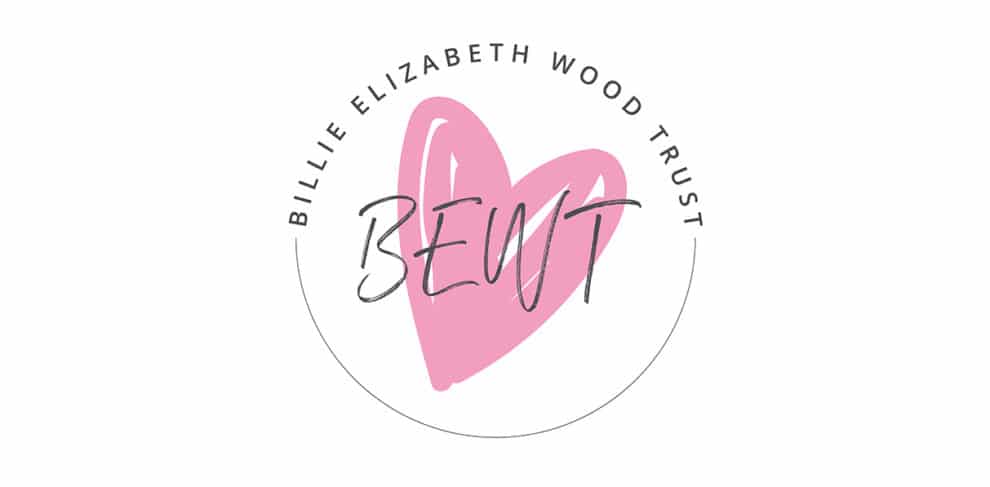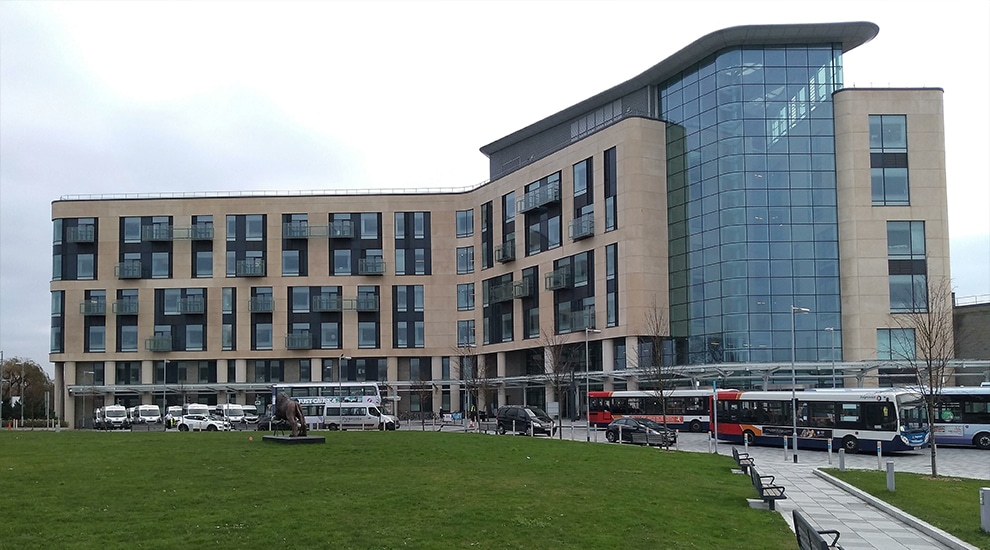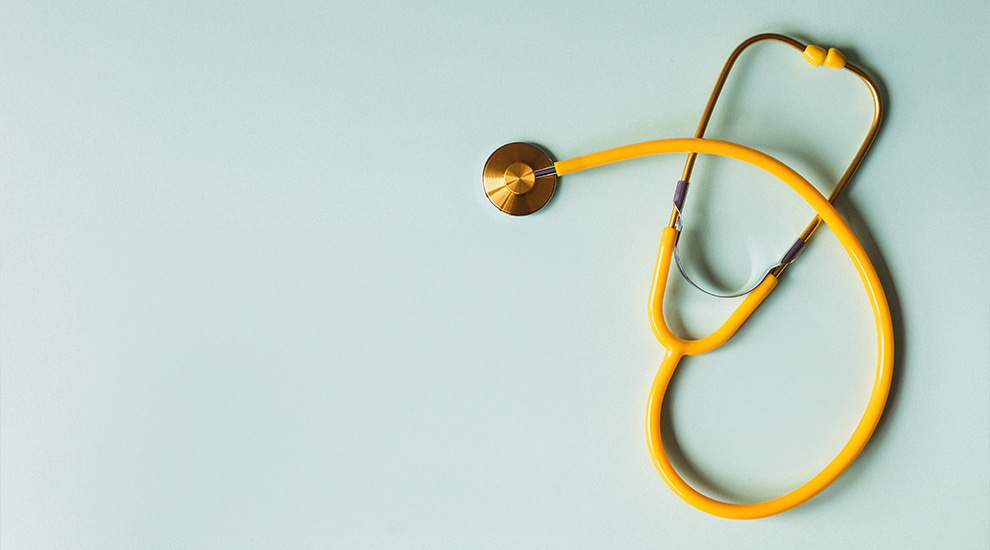
In total, the various charity fundraising initiatives organised by Caple and Billie’s friends and family have helped to raise more than £240,000. In turn, that sum has helped Southmead Hospital Charity to fund two new positions to support vital research into SAH. These posts are for a vasospasm research nurse and a research facilitator.

Southmead Hospital, Bristol: north end of Brunel building Date 28/12/18 Source From geograph.org.uk Author Steve Roberts
This funding allocation follows agreement on a proposal for a dedicated vasospasm research team. This was submitted by Crispin Wigfield, one of the hospital’s consultant neurosurgeons.
“I am really delighted to have the core members of the research team appointed with this focus on vasospasm research,” Wigfield explains. “Already they are bringing additional perspectives for research to the table. Importantly, the new team members bring additional skills. These are very much needed to undertake and deliver high quality research that can be sustained and consistently delivered.”
He adds: “The research work and recruitment into clinical trials will mean that Bristol can participate in broader and larger-scale research projects. These can contribute to national research projects and agendas that are using newer tools and methodologies to undertake research. This in turn provides a richer and more comprehensive understanding of the issues related to vasospasm.”
One of the BEWT fundraising charity’s key objectives has always been to try to spare other families the pain of losing a loved one to SAH. In the medical field, knowledge is power. That’s why extensive research is so important – and ultimately helps to save more lives.
“The goal of saving more lives, and improving the quality of life and outcomes of survivors, is something that will be shared and distributed nationally in all centres caring for those who suffer a subarachnoid haemorrhage,” Wigfield confirms. “There is also a view that hospitals that are research active, or participate in research, ultimately benefit from improved outcomes for their patients.”
He adds: “Challenging conditions, such as vasospasm, require a breadth of research activities, as well as in-depth research. Widening the capture of research data to include as many centres as possible and over sufficient time to assess the outcomes of interventions, increases the depth of knowledge and the confidence that any benefits noted are real benefits, and not just a temporary variation or observed bias.”
Wigfield concludes: “I’m hoping that in the initial stages, the new team will contribute to develop the reputation of Bristol as a reliable research partner organisation for studies. This will enhance the collaboration and networks necessary in research idea generation, as well as the delivery of research that translates into improved outcomes for patients.”
The newly established Southmead Hospital Charity Vasospasm research team is committed to advancing our comprehension of this critical medical condition. A primary focus of their research lies in exploring the genetic factors associated with Vasospasm, a debilitating consequence that arises in 70% of SAH cases. By delving into the genetic landscape, the team aims to identify key genes linked to Vasospasm, paving the way for targeted interventions.

Another crucial area of exploration involves restoring sodium levels in patients affected by SAH. Disruptions in sodium balance can exacerbate the severity of vasospasm, and the team seeks to unravel approaches to normalise these levels effectively. Additionally, the researchers will explore methods for draining excess brain fluid, a factor that can contribute to complications post-SAH.

Acknowledging the profound impact of SAH on the quality of life, the research team will also delve into the aftermath of Vasospasm. Understanding the long-term implications and devising strategies to enhance the quality of life for individuals who have experienced Vasospasm will be a crucial aspect of their comprehensive approach. Through their investigations, the Southmead Hospital Charity research team aspires to contribute significantly to the global efforts aimed at better detection, treatment, and overall management of this complex medical condition.
Ryan Leese has been appointed to the new vasospasm research nurse position that Caple and BEWT has helped to fund. “I am extremely happy to be part of a team delivering research into this heavily under-researched area,” he comments. “As a delivery nurse I will be responsible for screening, consenting and enrolling patients, collating data via medical records and sending anonymised data to the trial team for analysis.”
Ryan has more than ten years’ intensive care experience, during which he has looked after many SAH patients – including a number who, like Billie, went on to develop vasospasm. “While caring for these patients, I became aware of the need for more evidence to ensure the provision of evidence-based care,” he explains. “Therefore, when this opportunity arose, I was eager to accept it to further vital research into this area.”
Ryan is experienced in both the delivery and clinical facilitation of intensive care research. He has also carried out academic research projects, including scoping reviews, to highlight the current research knowledge base on a topic.
Ryan is hugely appreciative of the opportunity BEWT’s fundraising charity activities have helped to create. “I am happy to have joined the learning & research team at Southmead Hospital. They have a wealth of experience in delivering research across multiple healthcare streams,” he notes. “This experience will be extremely beneficial in assisting us to set up vasospasm research at Southmead Hospital.”
The other specialist role made possible by Caple and the BEWT fundraising charity is the research facilitator position that’s been filled by Humza Saeed, his remit will involve working with the Neurosurgery (NS) team to identify areas where vasospasm and SAH-related work can be done. Humza will help NS to identify potential funding avenues for this research. He will also set up teams to conduct this “home-grown” research. This is to support Southmead to front this field.
“The R&D department at North Bristol NHS Trust has produced a broad range of amazing research output in the last decade,” Humza notes. “I am keen to drive similar output within the area of subarachnoid haemorrhage and vasospasm. I believe the neurosurgery team at Southmead has the potential to grow to become a globally recognised centre of research excellence.”
Humza also underlines the importance of data collection and analysis. “Data helps us to devise, understand and answer complex research questions,” he explains. “It provides evidence which can then be used to inform clinical decision making and policy making. This will ultimately benefit patient care and improve patient outcomes.”

What happened to Billie has clearly made a huge impact on Humza. This has heightened his desire to contribute towards answering complicated healthcare research questions. “Billie’s story, and how her family and friends have come together to develop the BEWT fundraising charity for a very special purpose, is simply amazing,” he observes.
“I consider myself to be a part of this effort and [value being] able to contribute towards finding answers to questions related to better management of SAH and vasospasm. We have already started working on a number of projects, to help understand the underlying mechanism and factors responsible.”
If you would like to donate to BEWT to support research into subarachnoid haemorrhage, please click here.